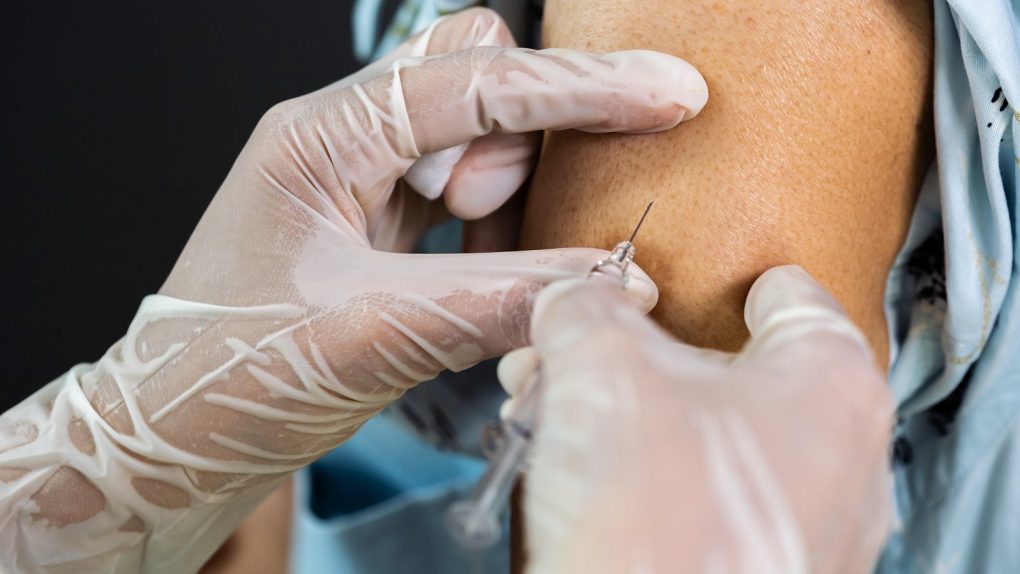- A coronavirus vaccine volunteer died in Brazil, but sources familiar with the AstraZeneca/Oxford trial say the person is confirmed to have received placebo shots, not the vaccine.
- An international committee has already assessed the trial’s safety and told Brazilian regulators that the study should continue.
- Oxford officials said the University has no concerns about the vaccine trial’s safety.
A coronavirus vaccine volunteer died in the latest safety incident involving one of the frontrunner vaccine candidates that are in the final testing stage. The good news is that the person supposedly received the placebo and not the actual drug, according to a source familiar with the matter. The golden medical standard for vaccine and other drug tests involves dividing volunteers into different groups, including a control cohort that never receives the experimental drug. They’re given a placebo treatment — in this case, one or more placebo shots, depending on the trial’s regimen. Neither the patients nor the scientists involved know whether the actual drug has been administered, or the placebo. That’s how randomized, double-blind trials work.
It was a volunteer for the AstraZeneca/Oxford vaccine who passed away in Brazil, but it’s unclear what led to the person’s death.
This is AstraZeneca’s third safety incident so far, with the previous two having occurred in early September. At the time, a woman in the UK developed an unexplained medical condition that prompted the drugmaker to halt the research. The study was resumed after safety checks in most markets, but not in the US, where the Phase 3 trial is still on hold. Safety incidents and pauses are common for drug trials, including vaccines, officials said.
More recently, Johnson & Johnson stopped its own Phase 3 trial following a safety incident.
This new incident in Brazil has not been explained. According to Bloomberg, AstraZeneca said it can’t comment on individual cases because of confidentiality and clinical trial rules.
Brazil’s health authority Anvisa said it had been informed of the death on Monday, receiving a partial report from an international committee that assessed the safety of the trial. According to Oxford officials, the committee said the trial should continue and Brazil’s regulators also recommended that the Phase 3 trial continue. Oxford has no concerns about the safety of the vaccine trial, university communications head Stephen Rouse said in a statement.
While this new safety incident might sound concerning, there may be a plausible explanation for it. For a vaccine to be deemed effective, Phase 3 trials should show the drug can block infection in the test group compared to the placebo cohort. One other scenario that could show vaccine effectiveness is the reduced severity of COVID-19 after infection. Avoiding deadly complications compared to the placebo group would imply the vaccine is effective against the virus.
The volunteers who got the Oxford candidate or the placebo shots have resumed their normal lives, which involves potential exposure to the virus. If the virus effectively blocks infection, most of the volunteers who get the drug will not get COVID-19. The placebo group will not be spared, however. Considering the large scope of the Phase 3 trials and the massive coronavirus caseload in regions like Brazil, a possible explanation for the death of a person on the placebo could be the actual infection with the virus. It’s not unreasonable to assume that some of the vaccine volunteers who get placebo drugs still risk death, regardless of their age and overall health. This could also explain the speedy review of the AstraZeneca incident, but that’s just speculation at this point.
AstraZeneca will not release specific data about patients in these trials, and there could be plenty of other explanations. Unlike previous stages of the trial, Phase 3 will include more diverse cohorts because drug makers will want to study the effectiveness of their vaccines on a much broader population.
What’s certain so far is that the Oxford drug trial’s previous two stages showed the vaccine produces the desired immune response in volunteers, which might block COVID-19 infections.








